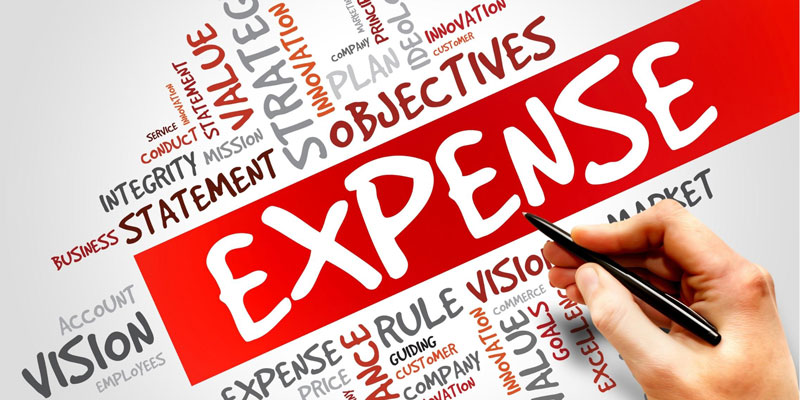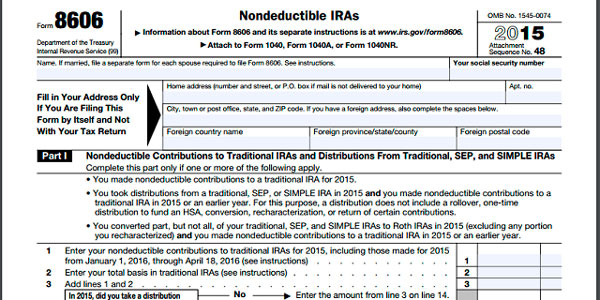Are you on the brink of retirement and looking for a plan to help ensure your financial health after leaving the workforce? If so, understanding the difference between 403b and 401k plans is essential. As two of the most popular retirement savings options available, these plans offer different levels of security – but how do they really stack up against each other? In this blog post, we'll take an in-depth look at both 403b and 401k plans to help you make an informed decision about which plan best fits your needs. Keep reading to learn more!
What is a 401k Plan?

A 401k plan is a type of defined contribution retirement savings plan offered by employers to their employees. Named after the section of the Internal Revenue Code that governs them, these plans allow employees to contribute a portion of their pre-tax salary to a retirement account established by their employer. Typically, employers will match employee contributions up to a certain percentage or dollar amount.
Who can contribute and how?
401k plans are available to employees of for-profit companies, and contributions can be made through payroll deductions. The maximum contribution limit for 2021 is $19,500, with an additional catch-up contribution of up to $6,500 for those over the age of 50.
How does it work?
401k plans offer a variety of investment options such as stocks, mutual funds, and bonds. These investments grow tax-deferred until you withdraw the funds during retirement.
Features of a 401k Plan
- Employee Contributions: As mentioned, employees can contribute pre-tax dollars from their salary to a 401k account. These contributions are subject to annual limits set by the IRS.
- Employer Matching: Employers may choose to match their employees' contributions up to a certain percentage or dollar amount. This is essentially free money that can help boost retirement savings.
- Investment Options: 401k plans typically offer a variety of investment options, such as stocks, bonds, and mutual funds. Employees can choose how their contributions are invested based on their risk tolerance and retirement goals.
- Vesting Period: Some employers require employees to work for a certain period of time before they become fully vested in their employer's contributions. This means that if an employee leaves the company before this period expires, they may not be entitled to all of their employer's contributions.
What is a 403b Plan?
A 403b plan is a type of retirement savings plan available to employees of certain tax-exempt organizations and public schools. These plans operate similarly to 401k plans, with some key differences.
Who can contribute and how?
403b plans are available to employees of tax-exempt institutions such as hospitals, charities, and public schools. Contributions can be made through payroll deductions, and the maximum contribution limit for 2021 is $19,500 with an additional catch-up contribution of up to $6,500 for those over the age of 50.
How does it work?
Like 401k plans, 403b plans offer a variety of investment options that grow tax-deferred until retirement. However, some 403b plans also offer annuities as an investment option, which can provide a guaranteed stream of income during retirement.
Tax implications
Contributions made to a 403b plan are also tax-deductible and withdrawals during retirement are subject to income tax.
Features of a 403b Plan
- Employee Contributions: Employees can contribute pre-tax dollars from their salary to a 403b plan, with annual limits set by the IRS.
- Employer Contributions: Some employers may offer matching contributions to their employees' 403b plans.
- Investment Options: Similar to 401k plans, 403b plans offer a variety of investment options for employees to choose from based on their risk tolerance and retirement goals.
- Annuity Options: As mentioned, some 403b plans may offer annuities as an investment option, providing a guaranteed stream of income during retirement.
Key Differences Between 401k and 403b Plans

Now that we've covered the basics of both plans, let's take a look at the key differences between them:
- Eligibility: 401k plans are available to employees of for-profit companies, while 403b plans are available to employees of tax-exempt organizations and public schools.
- Investment Options: While both plans offer a variety of investment options, some 403b plans may also offer annuity options not typically found in 401k plans.
- Employer Contributions: While most 401k plans offer employer matching contributions, not all 403b plans do. However, some 403b plans may offer both employee and employer contributions.
- Vesting Period: Unlike 401k plans, some 403b plans have a shorter vesting period or no vesting period at all for employer contributions.
Which Plan is Right for You?
Ultimately, the best retirement savings plan for you will depend on your individual needs and goals. Here are a few things to consider when deciding between a 401k and 403b plan:
- Employer Eligibility: If you work for a for-profit company, then a 401k plan may be your only option. However, if you work for a tax-exempt organization or public school, then a 403b plan may be the better choice.
- Investment Options: If you have a strong preference for certain investment options, it's important to research and compare the offerings of both plans.
- Employer Contributions: While not all 403b plans offer employer matching contributions, those that do can provide a significant boost to your retirement savings.
- Vesting Period: If you plan on staying with your current employer for a long time, then the vesting period may not be as important. However, if job mobility is a concern, then it's worth considering the vesting period of each plan.
Conclusion
Both 401k and 403b plans are valuable retirement savings options that can help individuals build a nest egg for their golden years. Whether you have the option to choose between the two or not, it's important to take advantage of these plans and contribute as much as possible towards your future financial security. Consult with a financial advisor if you need help determining which plan is best for your specific situation. Remember, it's never too early or too late to start saving for retirement! So don't wait any longer, start taking advantage of these plans and secure your financial future today!




